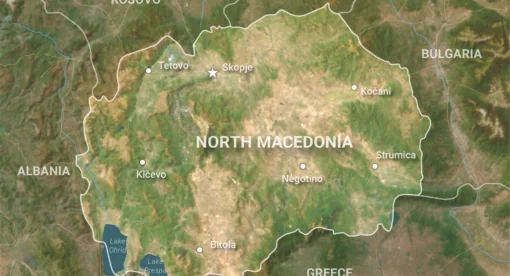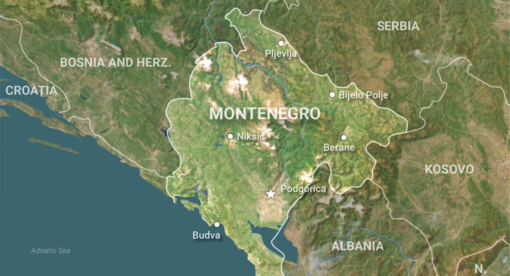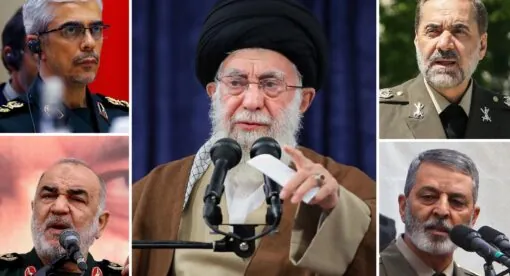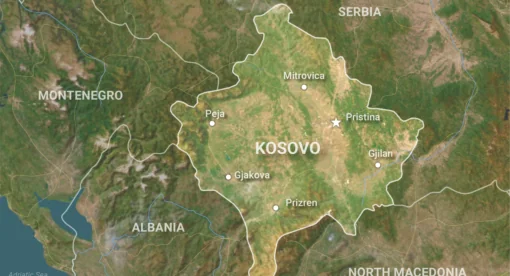Shortly after President Donald Trump ordered a U.S. retreat from Syria and Afghanistan in October 2019, events in the region drew U.S. forces right back in. The administration’s decision to target Gen. Qassem Soleimani, commander of the Quds Force of the Iranian Revolutionary Guard Corps, triggered tit-for-tat retaliation between Washington and Tehran at the opening of 2020, bringing bilateral tensions to their highest levels since the 1979 hostage crisis. Despite these actions in the region, Washington is still seeking to retreat from its security commitments in the Greater Middle East and Central Asia. While there are financial and political benefits to reducing America’s footprint abroad, a reduced presence in this geopolitically critical part of the world could also create a strategic vacuum with dire diplomatic, economic, and security consequences.
The specters of a resurgent Russia and rising China raise the question of how a U.S. withdrawal from the world stage could harm Washington’s long-term strategic interests. The best approach to analyzing such a scenario is through the realpolitik perspective, wherein countries strive to safeguard and expand their own strategic interests. By definition, strategic interests are power-based, yet they don’t exclude policies to uphold doctrines of democratization, state building, or liberal values, especially if raison d’etat dictates it.
In true realist fashion, the Trump administration is concerned primarily with American economic and security interests – and domestic politics. Yet the high costs of maintaining a U.S.-centric international system and American diplomatic and military presence abroad brings a tremendous return: a guaranteed place atop the international security architecture designed by the United States and its allies after World War II.
The term “strategic vacuum” refers to a situation in the international system whereby a regional or global hegemon withdraws from an area, leading to an imbalance of power which eventually becomes filled. Geopolitics – like nature – abhors a vacuum. History is replete with examples that demonstrate how the rapid depressurization of a power pulling out from a region too quickly or too soon can lead to instability in the form of civil wars, military coups or genocide. This paper argues that U.S. disengagement from the Middle East and beyond would create a strategic vacuum portending systemic and regional instability while undermining American liberal hegemony. Other opportunist contenders for great power status, such as Russia and China, or even intermediate powers such as Turkey and Iran, may view such a retreat as a strategic opportunity to bolster their hard and soft power around their periphery at the cost of American influence and power projection.







